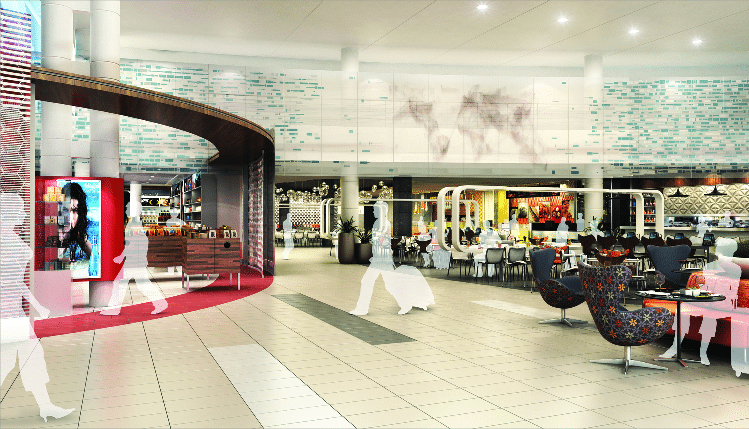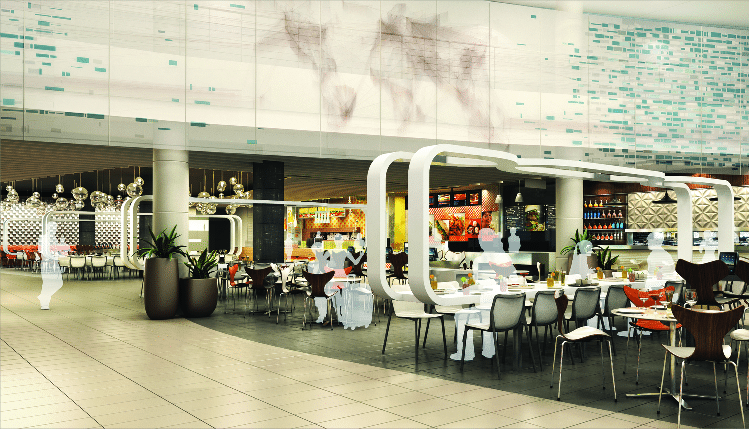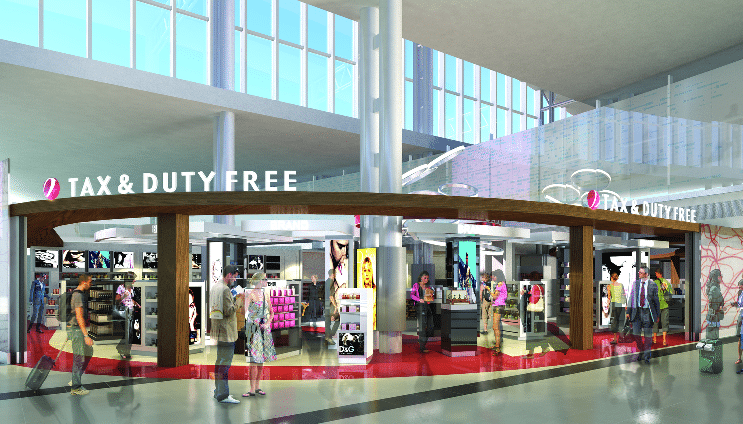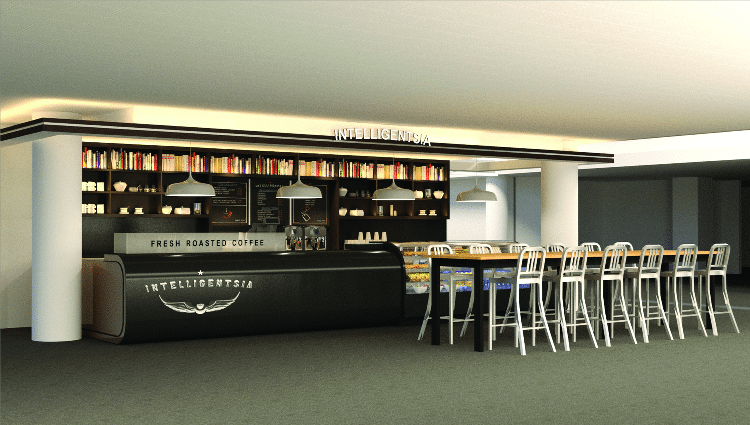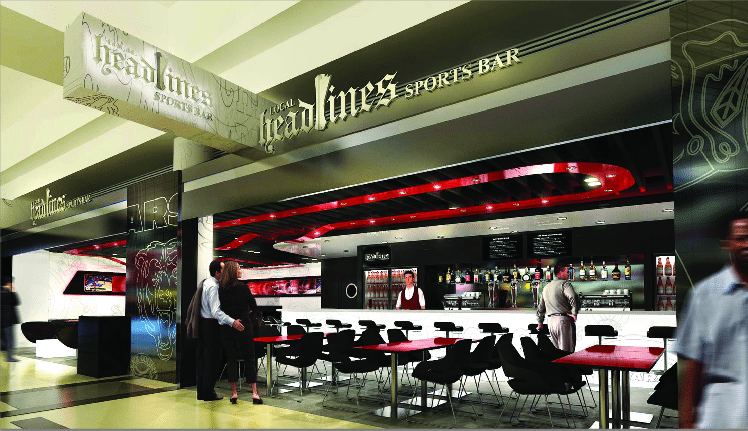Chicago O'Hare Airport unveils redesign plans for international Terminal 5
Skift Take
New dining venues and retail stores, longer operating hours, and a shift to post-security shopping options are all included in the sleek redevelopment plans for Chicago O'Hare's international terminal.
Westfield Concession Management and its partners are investing over $26 million into the redevelopment, which should be completed by Fall 2013. This is the first major development to the terminal since it was constructed in 1993.
The redesign aims to improve efficiency and increase revenues, says the Chicago Department of Aviation. TSA checkpoints will be redesigned and passengers will be funneled into an open European-style duty-free shop after passing through security.
The redevelopment began on July 1, 2012 with longer operation hours and an additional 15 retailers and restaurants will be added to the airport in an effort to introduce healthier and locally-grown options. The new venues will open on a rolling basis until the project is completed.
O'Hare's International Terminal 5 provides service to nearly 200 cities worldwide on 24 air carriers.
